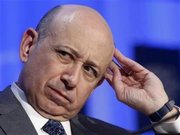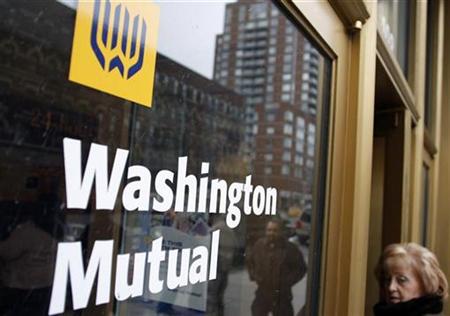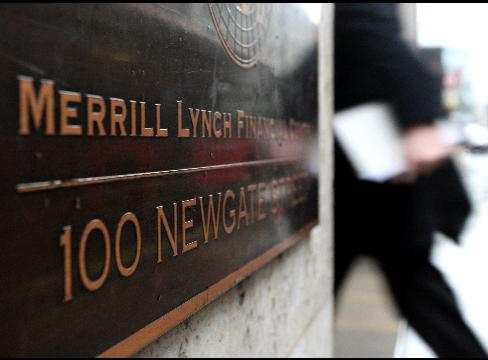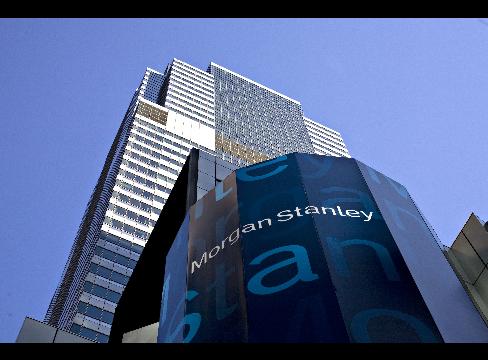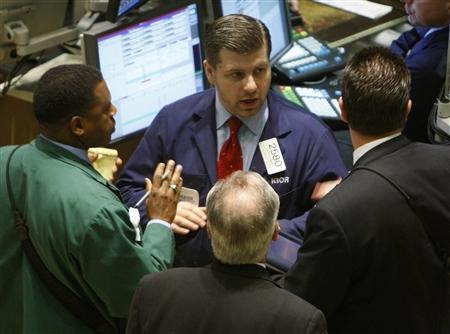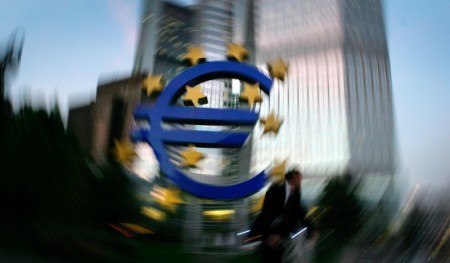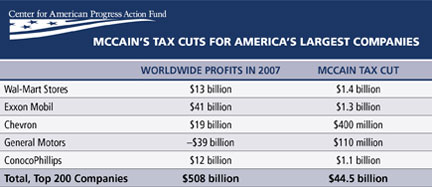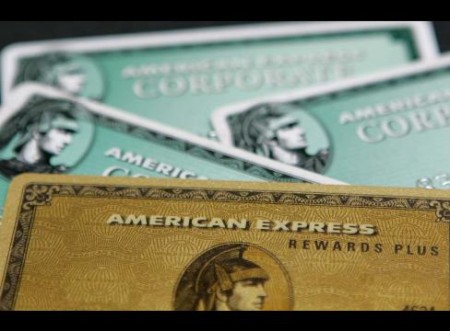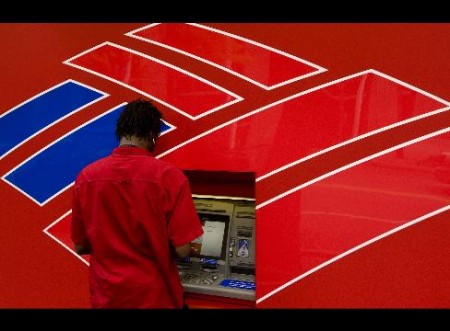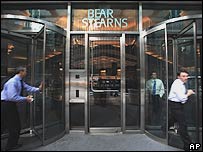Relentless rise in oil prices tests economy’s resilience
WASHINGTON — Only a few weeks ago, prominent policymakers and economists were cheerfully asserting that the U.S. economy would dodge recession and keep chugging forward despite a housing bust, a credit crunch and continuing job losses.
“The data are pretty clear that we are not in recession,” said President Bush’s chief economist, Edward Lazear. Treasury Secretary Henry M. Paulson Jr. declared “the worst is likely to be behind us” and confidently predicted that more than $100 billion in tax rebates would help create half a million new jobs by the end of the year.
But instead of clearing, the skies over the economy have ominously darkened in recent days. The chief reason is oil. And there are signs the nation may have reached an economic tipping point after years of shrugging off the petroleum problem.
“We may finally have crossed the line where the price of crude actually matters for most companies,” said Peter Boockvar, equity strategist at New York financial firm Miller Tabak & Co. “The stock market has been in la-la land when it comes to oil, but they got a pretty good dose of reality the last few days.”
The ill effects of the latest price hikes would not be so surprising if it were not for the fact that the nation’s economy and financial markets remained blissfully unruffled by oil’s upward march during most of the last five years. Until this week.
“The economic outlook has been taken hostage by the relentless surge in oil prices,” said Robert V. DiClemente, chief U.S. economist at Citigroup in New York.
“We’re seeing an inexorable increase, and it doesn’t seem like anybody’s in charge or can do anything about it,” added Bank of America senior economist Peter E. Kretzmer.
Big, small firms take hits
Among the signs that the economy may finally be feeling the effect of rising oil prices was Ford Motor Co.’s announcement Thursday that it was abandoning any hope of making a profit this year or next now that sales of its gas-guzzling pickup trucks and Explorer sport utility vehicles have plunged.
And experts said that the other two U.S. automakers, General Motors Corp. and Chrysler, may be in even greater trouble.
Ford Chief Executive Alan Mulally said the industry had “reached a tipping point” where energy costs were fundamentally changing what kind of vehicles Americans buy.
Meantime, to cope with higher energy prices, American Airlines and United Airlines both raised ticket prices, and American announced plans to impose a new baggage-handling fee. But experts say the price hikes barely begin to make up for recent losses.
“The airline industry is devastated. It can’t survive $130-a-barrel oil,” said industry analyst Ray Neidl at Calyon Securities in New York.
Read moreAfter years of increases, some fear a tipping point has finally been reached
